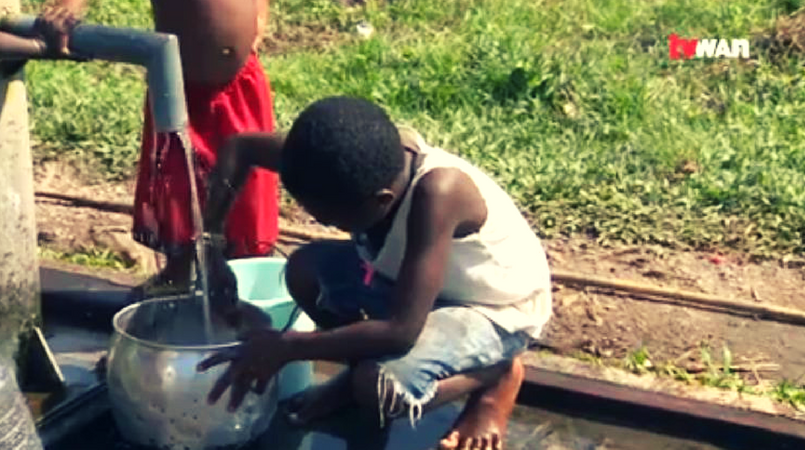
The Water and Sanitation Hygiene (WaSH) Policy and Standards for 2018-2023 was launched on Friday in Port Moresby by the Department of Education, National Planning and Monitoring and donor partners European Union and UNICEF.
The policy anticipates that all schools in the country must have sufficient Water, Sanitation and Hygiene facilities that must be readily available.
What sets this policy apart from the one that was piloted and other related policies is that it clearly defines the standards each school should achieve.
PNG has one of the lowest indicators in water and sanitation accessibility in comparison to other Pacific Island countries, and even in the Asia-Pacific Region.
The Water and Sanitation Hygiene Policy is implemented in six pilot schools with the intention for schools to build proper hygiene and sanitation facilities to enable students and teachers to access clean functional toilets, reliable water and proper menstrual hygiene facilities.
All these are aimed at reversing the low indicators.
“School children, once they acquire that knowledge plus the behaviours that are imparted, they will influence their parents and peers,” said Takale Tuna, National Planning and Monitoring’s National Coordinator for WaSH program.
The WaSH Policy 2018-2023 calls for all WaSH programs be part of the school learning improvement plan, school development plans and guidelines must be consistent with the Policy and its Standards and all WaSH related programs must be coordinated from the Education Department.
By 2023, it is expected that all children and teachers demonstrate appropriate behavioural changes in their hygiene practices.
All these will be measured and guided by set standards.
“We want to have water that is accessible, facilities are standardised and regular maintenance conducted and requires each stakeholder to be responsible,” outlined Education Department First Assistant Secretary for Policy and Research, Peter Kants.
The WaSH Policy will be extended to Morobe, Western and Eastern Highlands provinces and the Autonomous Region of Bougainville.
